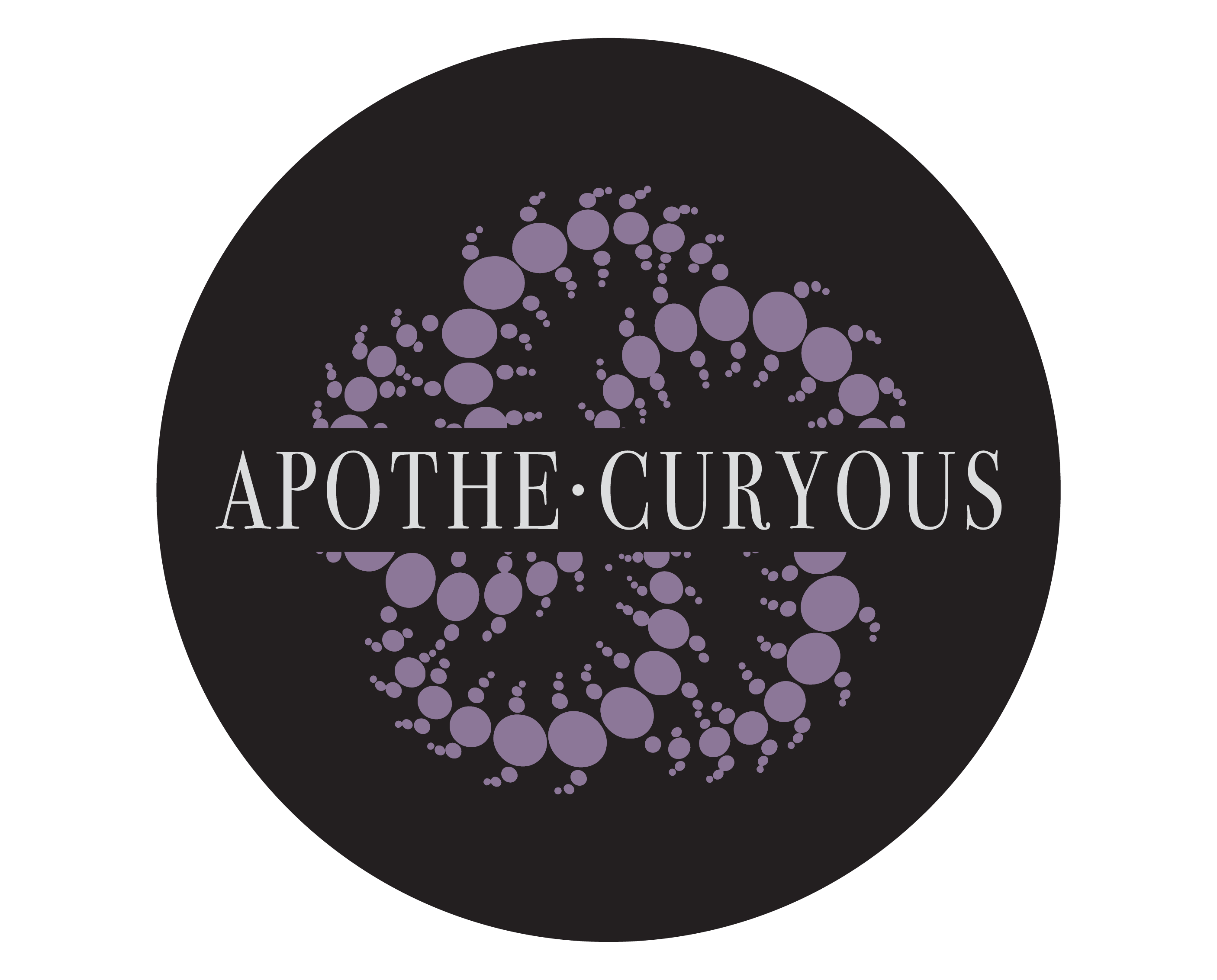In the United States there are 11 substances that are banned for use in the personal care industry, while in Europe there are 1300. There are as many as 57,000 chemicals used in personal care products and only 10% of them have been tested for safety. This number includes chemicals found in make-up, nail polish and perfumes. The Food and Drug Administration has the authority to regulate the chemicals that are included in personal care products, but instead leaves it up to the manufacturers of those products to regulate themselves.
There's a chance you've heard of Sodium Lauryl Sulfate (SLS) or seen product statements that indicate there is no SLS in their formula. This is an ever present substance found in shampoo, toothpaste, body wash, and more. It is a detergent, emulsifier, and mostly a foaming agent. Don't be fooled, that foam isn't making you cleaner, its just playing on the psychology that if something foams it makes you clean. In the process of manufacturing SLS it is left with a residue of 1,4 Dioxane, which is linked to organ toxicity and breast cancer.
Some of the other chemicals used include Formaldehyde, which can cause skin irritation and headaches in the short term, and cancer over long periods of use. If you are savvy and read the ingredients on your personal care products this will be listed as one of the following: DMDM Hydantoin, diazolidinyl urea, imidazolidinyl urea, methenamine, and quaternium-15.
Phthalates are hidden within the term "fragrance" and are endocrine disruptors that are linked to birth defects, breast cancer, and low sperm count. Parabens mimic estrogen and create hormonal imbalance. They are linked to reproductive issues, including infertility and developmental disorders or slow growth of children.
These substances are absorbed through the skin and into the blood stream. Repeated exposure can lead to serious health issues, and considering these substances are found in daily use products, repeated exposure is built in.
The Food, Drug and Cosmetic Act was adopted in 1938 and has allowed the cosmetic industry to self-regulate, largely unchecked, ever since. Thankfully there is an increasing consumer awareness of harmful chemicals in personal care products, and demands for regulations are increasing. In 2015 legislation was introduced to make manufacturers more accountable to the Food and Drug Administration. The Personal Care Products Safety Act was submitted by senators Diane Feinstein and Susan Collins and was supported by the Personal Care Products Council which represents 600 of the best known brands.
If you are interested in learning more about the products you have at home I recommend going to the Environmental Working Group's Skin Deep website here: http://www.ewg.org/skindeep/ There are numerous products for this organization to evaluate and as of this writing they have reviewed over 69,000 products and 2,000 brands.
I strongly suggest starting the practice of reading the ingredients labels on your personal care products if you aren't already. This can help you avoid putting a chemical stew on your body as well as give you an opportunity to learn the function of certain ingredients. For example Cetyl Alcohol is a stabilizer that imparts a velvety feel to a cream or lotion. Cetyl Alcohol can be derived from either natural plant materials or petroleum products. Apothecuryous only uses Cetyl Alcohol sourced from Certified sustainable palm.
Apothecuryous makes every effort to use ingredients that are chemical-free, sustainably sourced and Certified Organic. Apothecuryous products are scented only with Essential Oils, many of which are Certified Organic.

